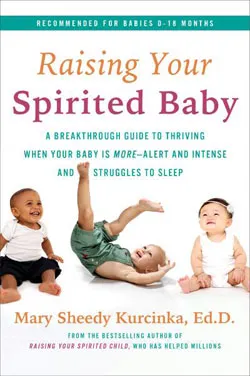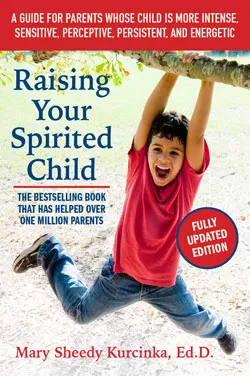Three Tips for Keeping Your Cool

“I promised myself I was not going to yell at her again,” Kristin confessed. “But sometimes it is as though it erupts from me. The force of it shocks me. I keep wondering, who is this?”
How is Kristin supposed to keep her cool on the days it feels like her child is gunning for her? How is she supposed to stop the rush of her own emotions? It is not easy. But it is possible.
Researchers use the term “self-regulation” to describe the ability to stay calm in the “heat of the moment.” The problem is your body doesn’t know the difference between a tiger stalking you, and your child refusing to do what you just asked. It reacts the same way. Your heart and pulse rate escalate, blood pressure rises, stress hormones rush into the system and breathing quickens. All of which leads to “tunnel vision.” Suddenly your brain is looking for the “enemy.” You stop listening.
Avoid making eye contact. Don’t want to be touched. And lose your ability to problem solve or think creatively.
Fortunately the brakes required to stop you from
automatically going into this “fight or flight” response are like a muscle.
The more you exercise them the stronger they get.
So how do you strengthen the brakes?
- Practice when emotional stakes are low.
Why do worms live in the ground? Why are people bigger than bugs? Why are there stop signs on school buses? The repetitiveness of these seemingly inane questions can drive you a bit crazy, but within lays a gift. It is unlikely you are emotionally involved with the topics and the kids are calmer too. As a result these questions provide an opportunity to stop, tune in, and listen without the added challenge of a trailer full of your own emotions pushing from behind. - Share experiences.
The next time your child asks, “Why” use it as an opportunity to extend the conversation. Instead of reacting with statements like: “Because.” Or, “I don’t know.” Or, “Enough, no more questions.” Take the conversation deeper. Ask questions that engage both you and your child such as:
“I don’t know. What do you think?”
“I wonder if it could be this?”
“What else could it be?”
Studies show that people who focus on experiences have higher levels of satisfaction, long after the moment of the experience has passed. - Savor the memories.
True excitement and learning come from entering your child’s world and train of thought. These moments build family memories. When you take the time to savor the good times you remember the sparkle in your child’s eyes. How his face beamed with pleasure. The delight of those conversations strengthens the “muscle” of your emotional brakes. Blood pressure drops. Heart rate slows to a deep loving thump in your chest.
Then in that split second when your child’s why question is a more irritating, “Why do I have to..?” Instead of surging with negativity and frustration, that sweet innocent face will flash before you. You like this child who engrosses you in the wonders of her world.
Taking that deep breath and stopping to listen is no longer quite so difficult - even in the “heat of the moment.”

Display All Posts
Search by Topic:
Popular Posts:
- When your child yells at you: Expecting and Coaching respectful behavior
- 5 Tips to Stop the 'Strike out Tantrums:' Hitting, Biting, Kicking and Name-calling
- Why is my child suddenly clingy?
- Ten Steps to a Peaceful Bedtime for Your Spirited Child
- When Your Child’s Meltdowns are Ruining Vacation






